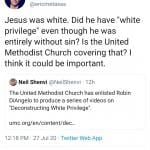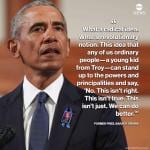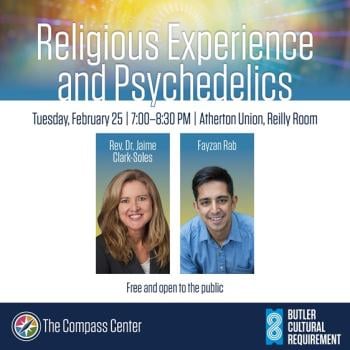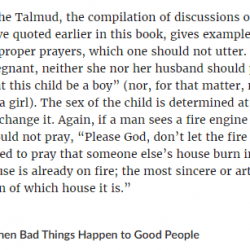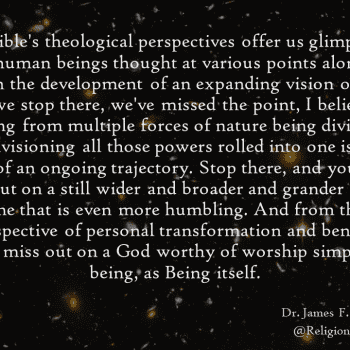I am always not just surprised but dismayed when someone I know who is Baptist posts something advocating the restoration of teacher-led prayer in schools. It is as though they have failed to grasp both the principles of being Baptist and the approach to religious freedom enshrined in the first amendment to the United States Constitution.
I recently wrote the following in a comment on one friend’s Facebook post: I strongly oppose teacher-led prayer. As a Baptist, do you want your child to not merely learn that Catholics pray to Mary, but to be made to pray to Mary by a Catholic teacher? Should they not merely learn about Krishna but be led in offering prayers if their teacher in Hindu? Should Muslim and Jewish students have prayers directed to Jesus imposed on them? Baptists have historically opposed prayer in school of this sort, both because of a recognition that it stands in direct opposition to freedom of religion, and because of an awareness that rote ritualized prayer is not what God desires.
It is profoundly ironic when I hear Baptists advocate for prayer in school. Baptists historically opposed it because it imposed on people something that should be left to their own conscience, for two major reasons. First, if you pray because a time to do so is imposed upon you, your motives are wrong. Second, it will inevitably happen that someone who leads the prayer differs in their theological views from the one being obligated to pray along with them. Historically Baptists were ardent proponents of religious liberty in principle for all, rather than merely wishing for there to be prayer they found acceptable.
Allowing children to be excused from formal prayer upon request is not an adequate solution. Being singled out as weird in school for not doing what everyone else does subjects children to peer pressure to conform. Even when some may be excused, formal prayer amounts to a form of coercion.
When people lament the removal of prayer from schools, they of course means teacher-led formal prayer. As long as there is a belief in the effectiveness of silent prayer there will be students praying in schools, especially at exam time. That actually raises interesting theological questions of a different sort. What does prayer for help when taking exams do? If it actually provides you with answers you didn’t already have, isn’t this a form of academic dishonesty? In my opinion prayer doesn’t work like that. If understood in that way it may actually be counterproductive, whether because a student may rely on prayer instead of study and the seeking of human assistance, or because it becomes a way of merely expressing panic and worry. But as a way of meditating and calming the nerves rather than seeking miraculous help, it might be beneficial.
What are your thoughts on this topic? I know there are readers of this blog in other parts of the world where the laws are very different. Ironically, the U.S. Constitution’s first amendment articulates an approach that reflects the historic Baptist stance, and yet many Baptists in the United States object to the “separation of church and state” when that principle was Baptist long before it was American or constitutional.
Of related interest:
https://friendlyatheist.patheos.com/2020/07/29/trump-legal-adviser-church-state-separation-is-nowhere-in-the-constitution/


